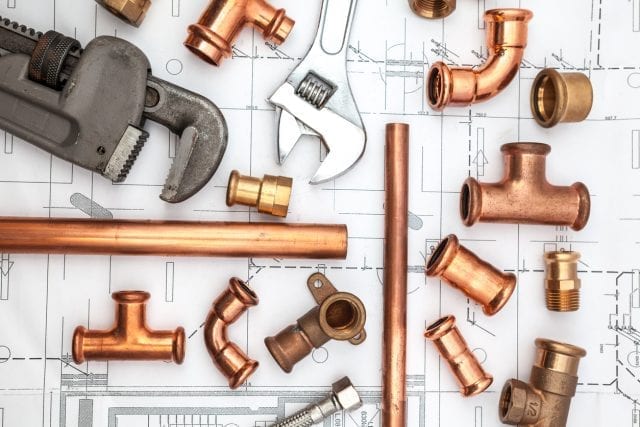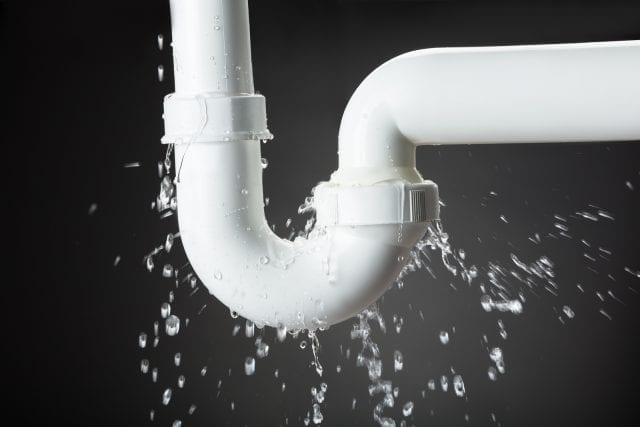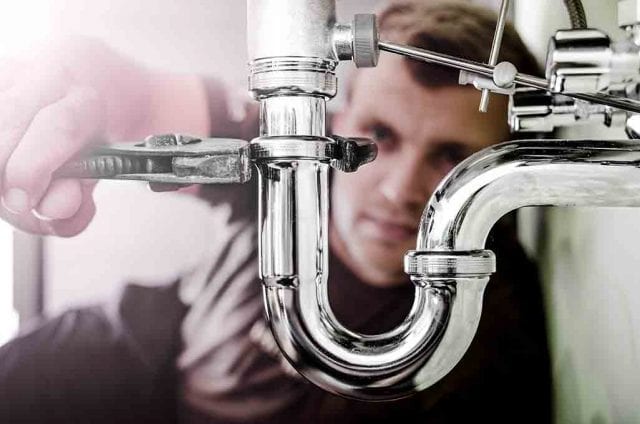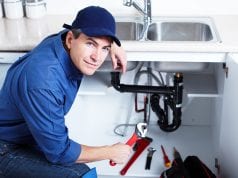
Whenever you pause the washing machine, you hear a racket behind the walls. Whenever you turn on the shower, a high-pitched squeal escapes with the hot water. These noises point to some much-needed maintenance from a professional. Read ahead to find out what they mean and how you can get them fixed.

Water Hammer
You will know that you have water hammer when you hear a banging or thudding noise coming from the pipes — it’s similar to a nail being hit repeatedly with a hammer. When you turn on a tap, fixture or appliance that uses water, a stream quickly rushes through the pipes. If the exit for the water suddenly shuts, the stream slams into the closed passageway and sends a shockwave through the pipes.
Lots of older homes had plumbing systems built with air chambers, which absorb the shockwave and keep the pipes from shaking. Over time, the chambers can fill up with water. So, one of the easiest ways to fix water hammer on your own is to turn off the home’s supply valve and then drain the pipes by turning on all of the fixtures and faucets. When you turn the supply valve back on, the air chambers should be refilled.
If that method doesn’t work, you should call a professional plumber to inspect your system. They can install a water hammer arrestor to absorb the shockwave. It’s also possible that your water pressure is too high and needs to be brought down.

Squealing
Mineral build-up can restrict the passageway, so the stream forces its way through the exit and makes a high-pitched squeal or whistle. Another clue is white, chalky residue on faucets and shower heads.
For mineral build-up in a faucet, remove the aerator and clean it with white vinegar. Flush additional mineral deposits from the uncovered faucet and then re-insert the device. You can fix a noisy showerhead in a similar way — remove the head from the arm and then soak it in white vinegar. Wipe away the debris and give the head a thorough rinse before putting it back on. If you can’t remove the head, you can put vinegar in a plastic bag and tie it around the head.
If the sounds continue, the mineral buildup is further down the system. A plumber can inspect the pipes to let you know if they need replacing. Hard water can lead to high levels of mineral build-up, so they may suggest adding a softener. There are lots of great water softeners to choose from, just make sure to take your time to find the best product for your home and your needs!
When in doubt, call up a local plumbing company for their expert opinion. You can say goodbye to your plumbing problems today instead of guessing what’s the underlying cause of the noise and attempting DIY solutions. Their expertise will get the issue resolved as soon as possible.

Look out for other strange plumbing noises like gurgling, sputtering or rattling. Anything that seems out of the ordinary could indicate a bigger plumbing problem. You may not be able to see everything that’s happening in your pipes, but you can hear when something is wrong.







